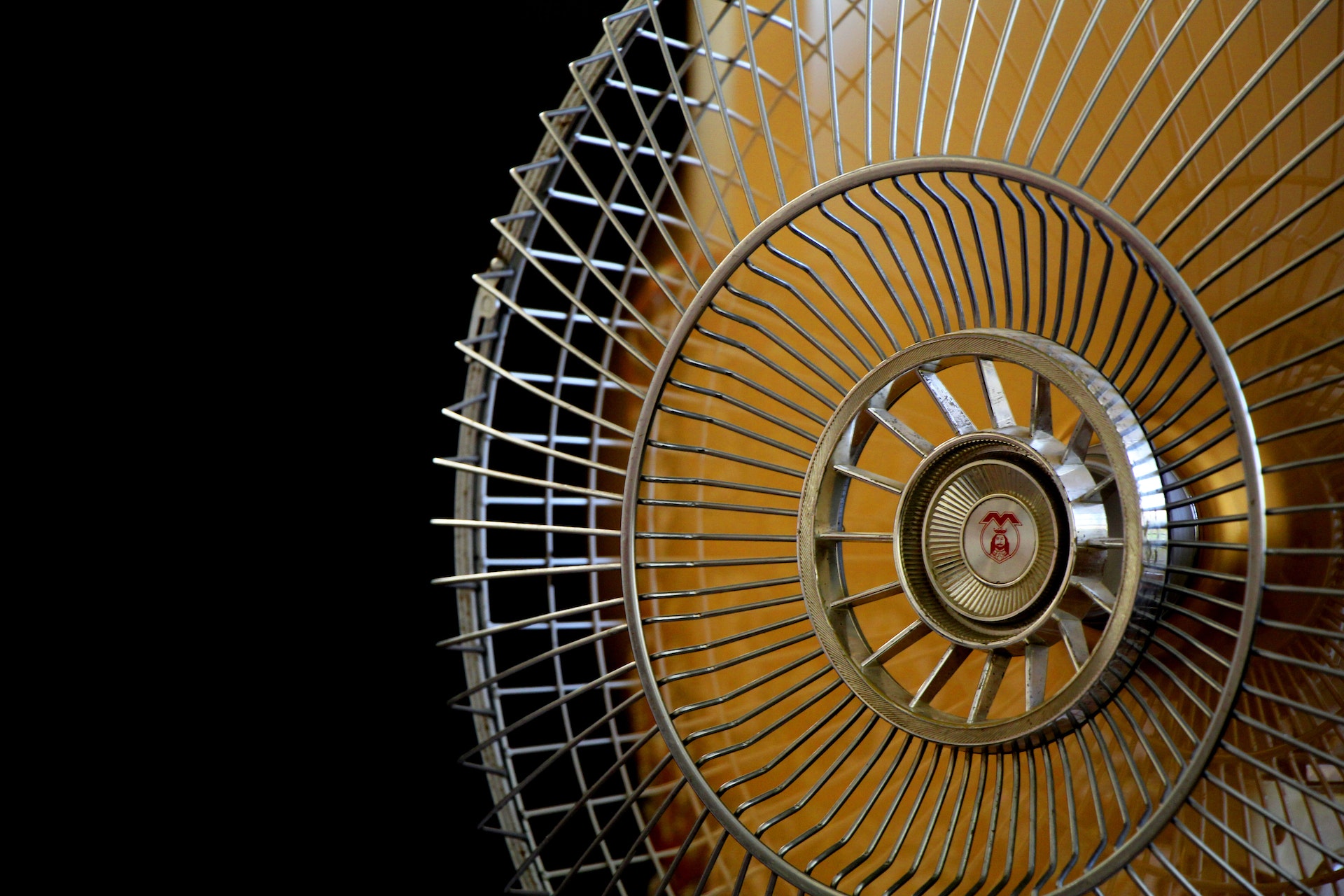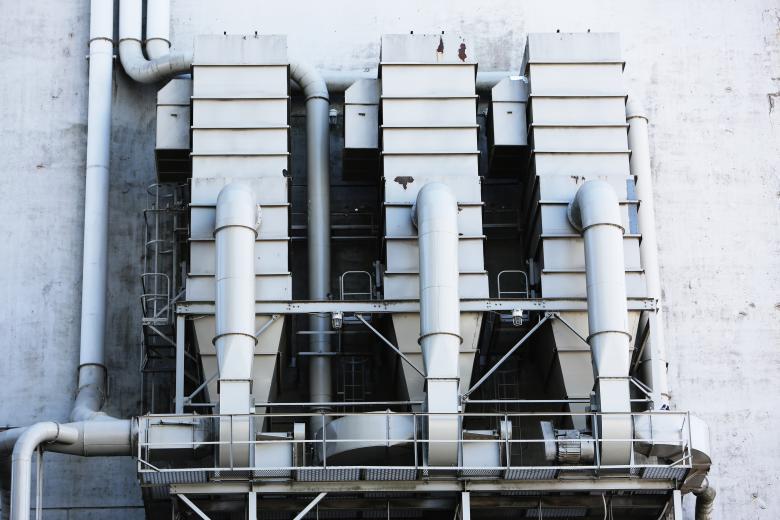As global climate change continues to impact our world, energy efficiency and green technologies are becoming increasingly important in all industries, including HVAC. In this article, we will explore the future of HVAC and how green technologies and energy efficiency are shaping the industry.
Energy Efficiency
One of the most significant changes in the HVAC industry is the move towards more energy-efficient systems. With rising energy costs and concerns about the environment, there is a growing demand for HVAC systems that use less energy and emit fewer greenhouse gases. As a result, HVAC manufacturers are investing in research and development to create more efficient systems that meet these demands.
One such technology is the use of variable refrigerant flow (VRF) systems, which allow for precise temperature control in different zones of a building, reducing energy waste. VRF systems can also use renewable energy sources, such as solar power, to further reduce their carbon footprint.
Geothermal Heating and Cooling
Another green technology that is becoming more common in HVAC systems is geothermal heating and cooling. This system uses the earth’s natural temperature to heat and cool a building, which can save up to 70% on energy costs. Geothermal systems are also incredibly durable and require less maintenance than traditional HVAC systems, making them a popular choice for environmentally conscious consumers.
Smart HVAC systems
In addition to energy-efficient HVAC systems, there is also a growing trend towards smart HVAC systems that can be controlled remotely. Smart HVAC systems use sensors to monitor temperature and humidity levels and adjust the system accordingly. They can also be controlled through a smartphone app, allowing homeowners to adjust their system from anywhere. This technology can reduce energy waste and improve overall system efficiency, leading to lower energy costs.
AI Integration
The use of artificial intelligence (AI) is also becoming more common in HVAC systems. AI algorithms can analyze data from the system and make real-time adjustments to optimize efficiency. For example, the system can adjust the temperature and airflow based on occupancy levels, time of day, and outdoor weather conditions, leading to even greater energy savings.
Renewable Energy Options
Finally, the HVAC industry is also exploring the use of renewable energy sources to power HVAC systems. Solar panels can be installed on a building’s roof to provide energy for the HVAC system, reducing the building’s reliance on the grid. Wind turbines can also be used to generate energy, particularly in windy areas. While these technologies are still relatively new, they have the potential to transform the HVAC industry and make it even more environmentally friendly.
In conclusion, the HVAC industry is rapidly evolving, driven by the demand for energy-efficient, environmentally friendly systems. Green technologies, such as VRF systems, geothermal heating and cooling, and renewable energy sources, are becoming more common, as are smart HVAC systems that can be controlled remotely. The use of AI is also increasing, allowing for real-time adjustments and further energy savings. As we look to the future, it is clear that the HVAC industry will continue to innovate and find new ways to reduce energy waste and protect our planet.





